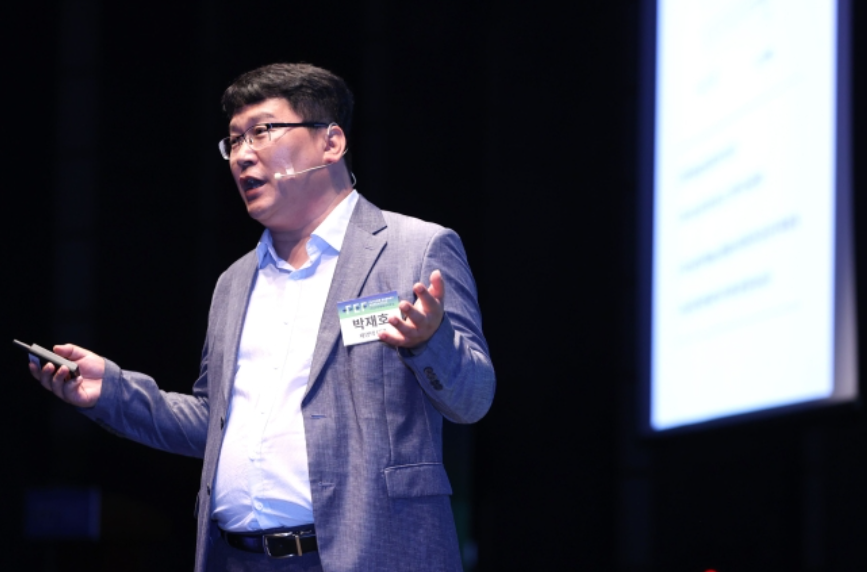
Park Jae-ho, CEO of Jaeyoungtech, a company that recycles spent batteries, said, "As the demand for batteries grows, countries with lithium, nickel, and cobalt will weaponize resources."
Park made the announcement while attending the '2023 Future Energy Forum' held at the Westin Chosun Hotel in Jung-gu, Seoul, on the 6th. "Both Korean battery companies and battery material companies are highly dependent on lithium from China," Park said, adding, "We need a battery recycling business to reduce our dependence.“
Park explained that recycling is also inevitable for the sake of the environment. Global market research firm Bloomberg New Energy Finance (BNEF) predicts that more than 110 gigawatt hours (GWh) of spent batteries will be generated from 2032. This is enough to make 11 million electric vehicles that can travel an average of 50 kilometers a day. "Considering that NCM (nickel-cobalt-manganese) batteries have a lifespan of 10 years, the batteries will pour out after use from 2030," Park said, adding, "If you try to cover them by mine development without recycling them, the environment will be destroyed.“
However, there is still a limit to the amount of resources that can be recovered through battery recycling (recovery rate), Park said. The recovery rate of cobalt and nickel is on average 90%, and the recovery rate of lithium is in the 80% range. "As the battery market expands, the demand for raw materials will also increase, but we need to prepare for it by making recycling technology more advanced," Park said.
Jaeyoung Tech is also strengthening its recycling technology. Battery recycling consists of two main processes: pre-treatment and post-treatment. In the pretreatment process, all the power of the battery is discharged and then physically shredded to produce black powder (black powder), which is a mixture of various resources. Afterwards, the metal in the black powder is extracted in the post-processing process.
The biggest feature of Jaeyoung Tech is that it extracts 'lithium' from black powder first. "Based on NCM batteries, Chinese recycling companies use a lot of chemicals to extract lithium after extracting NCM, and the process is complicated," said Park.
Last year, Chaeyoung Tech received an equity investment of 24 billion won from LG Chem. LG Chem is also pursuing the establishment of a battery recycling joint venture (JV) in North America. Along with the expansion of the business, CEO Park cited the establishment of a 'closed loop system' in which battery production, consumption, and recycling continue to circulate.